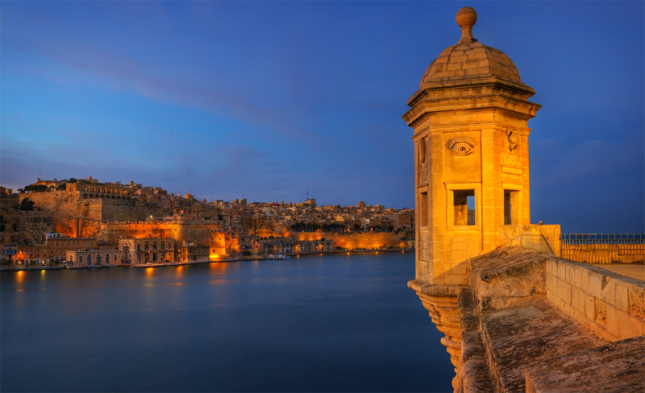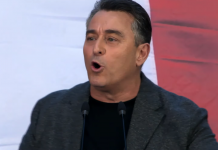The Senglea Cultural Association has taken to task a group of NGOs and private individuals which calls itself Azzjoni: Tuna Artna Lura, a group which has sought the Ombudsman’s intervention over alleged inconvenience by the shipyard in the Grand Harbour and surrounding area.
It would be good to note that back in February 2016, the law courts had unceremoniously
thrown out another complaint by Azzjoni: Tuna Artna Lura and acquitted Palumbo Shipyards in the process. At the time, noise pollution was again the bone of contention for Azzjoni: Tuna Artna Lura, which it said was disturbing Senglea residents' repose, a claim, which, given that the noise in question could not be proven that it was emanating from the same shipyard, did not have a leg to stand on, in a court of law.
Meanwhile, in response, a letter sent to the Ombudsman by the same Senglea Cultural
Association, whose signatories include several Cottonera sports and cultural associations, clearly states that, “we would like to disassociate ourselves from these NGOs, entities and individuals who are claiming to represent Cottonera. We would also like to draw your attention to the apparent non-existence of some of these and also to the fact that they have no judicial interest since some of them have nothing to do with nor are they residents of Cottonera.”
In its response The Senglea Cultural Association also keenly draws the attention of the
Ombudsman to the fact that there are several unsubstantiated allegations in what has been
reported in the newspapers, which, the Association says, have also conveniently ignored
relevant court rulings.
The letter also stated that Palumbo Shipyard makes a great contribution to Cottonera and the local voluntary organizations and is highly esteemed as a company. In its counter response to the complaints put forward by Azzjoni: Tuna Artna Lura, the Senglea Cultural Association reminds the Ombudsman that, “about 5000 residents in Cottonera had signed a petition in favour of Palumbo Shipyard, which was presented to the parliament of the Republic of Malta.”
Lastly, in the same letter, Senglea Cultural Association requested that, during the Ombudsman’s analysis of the case they, as true representatives of the surrounding communities, are given the opportunity to explain the facts as they stand.










